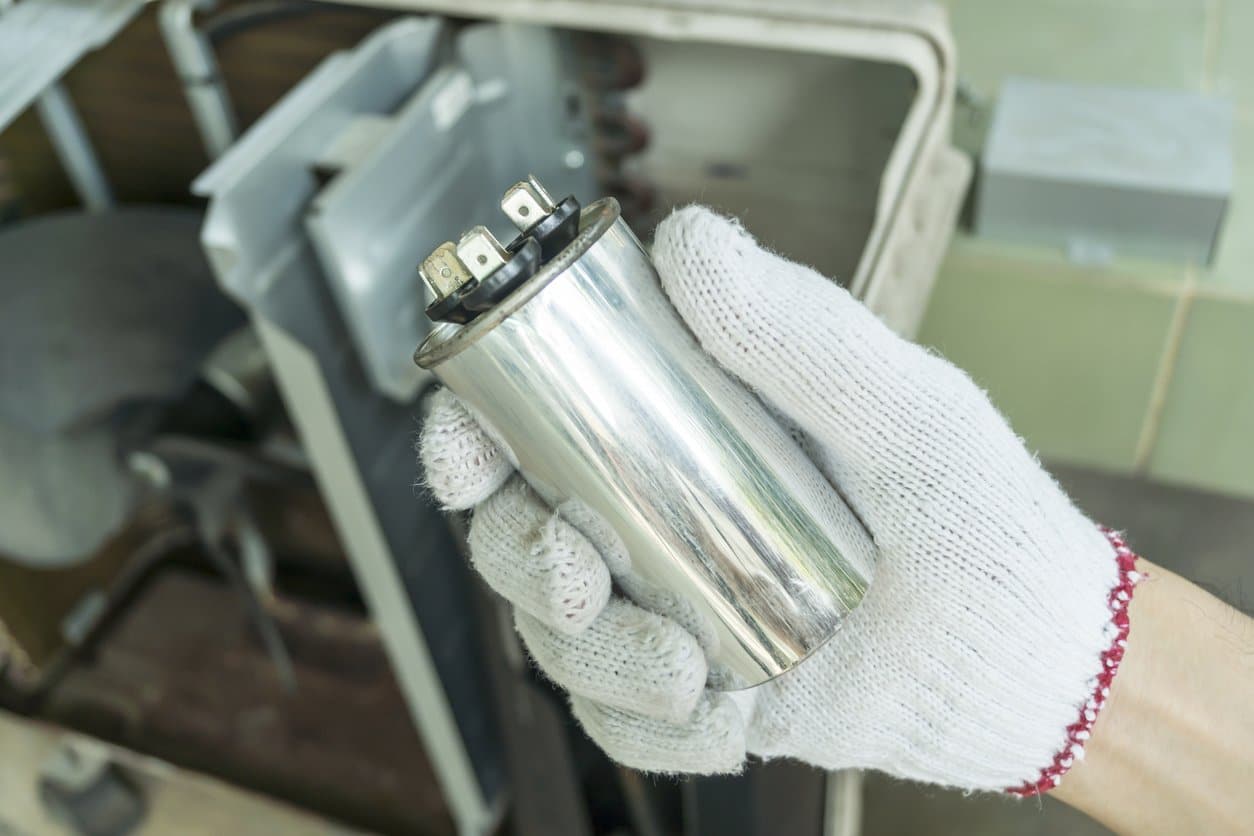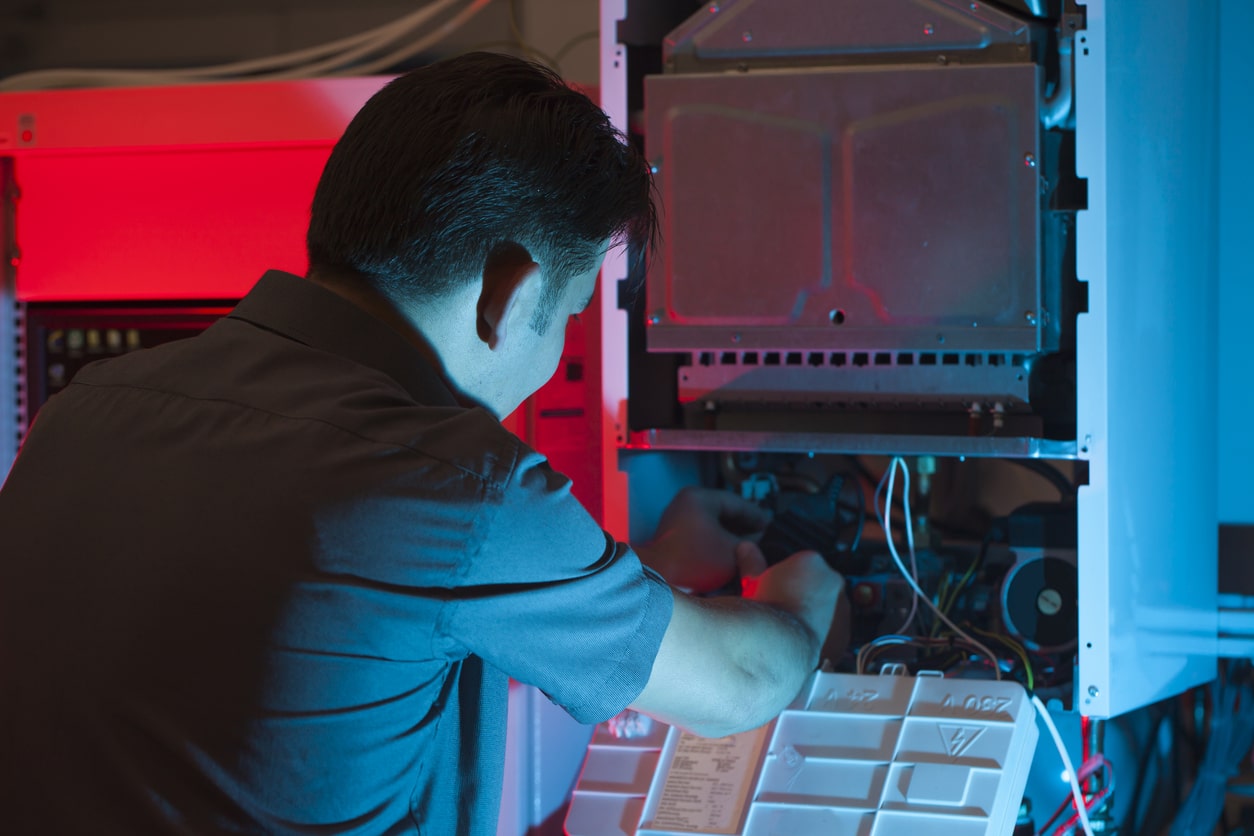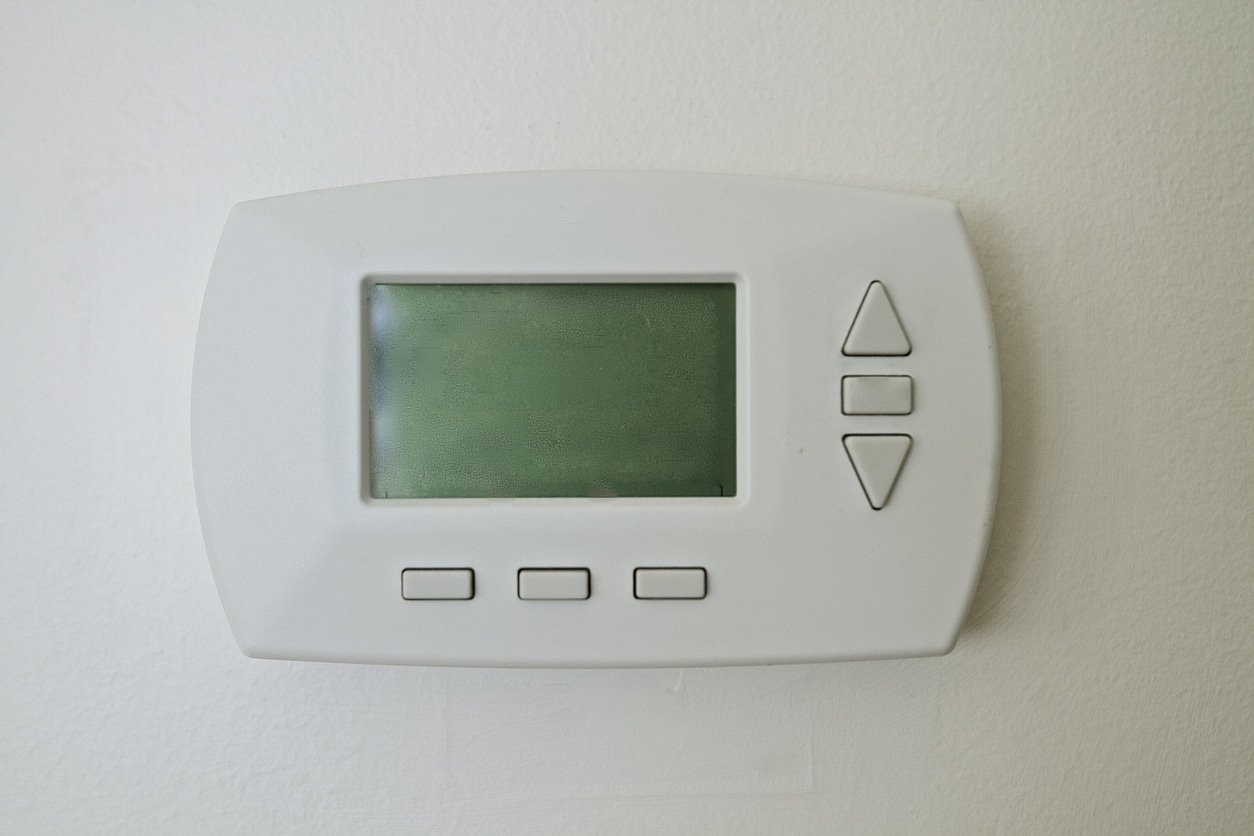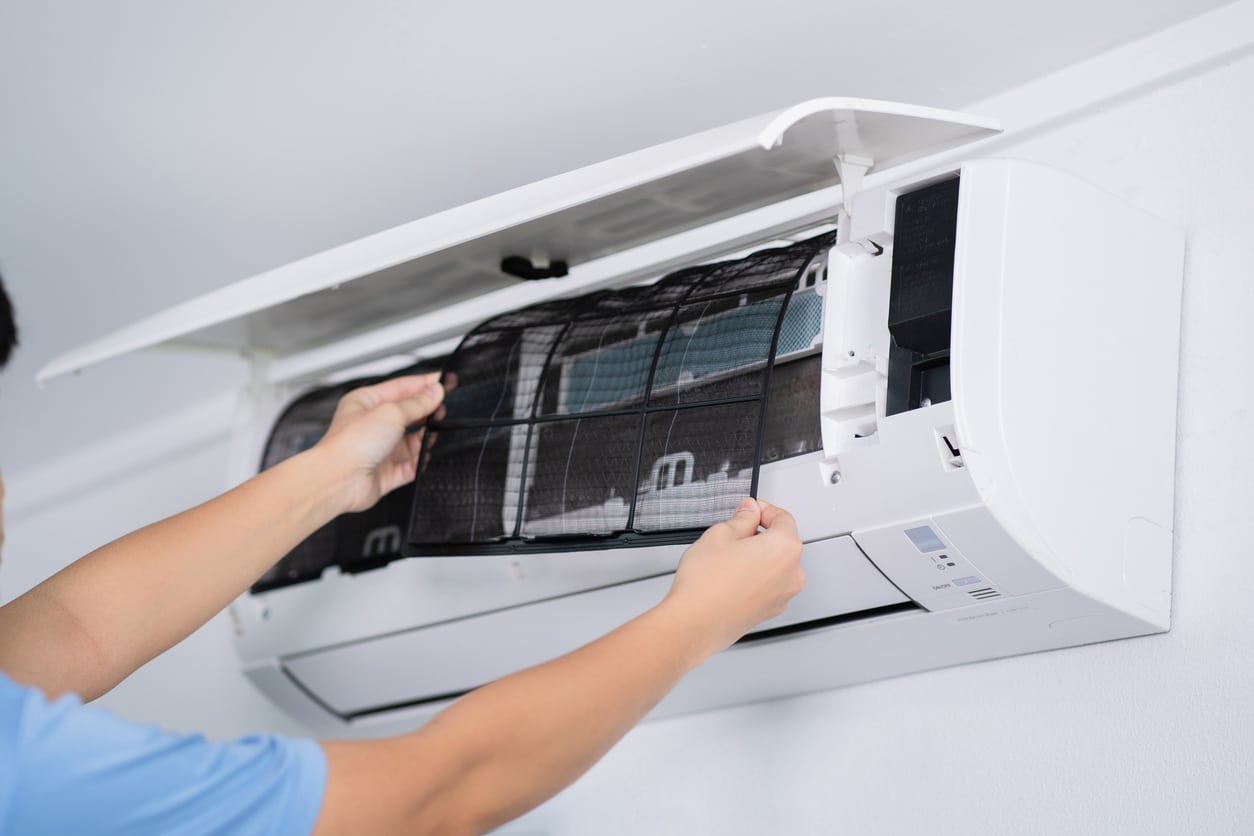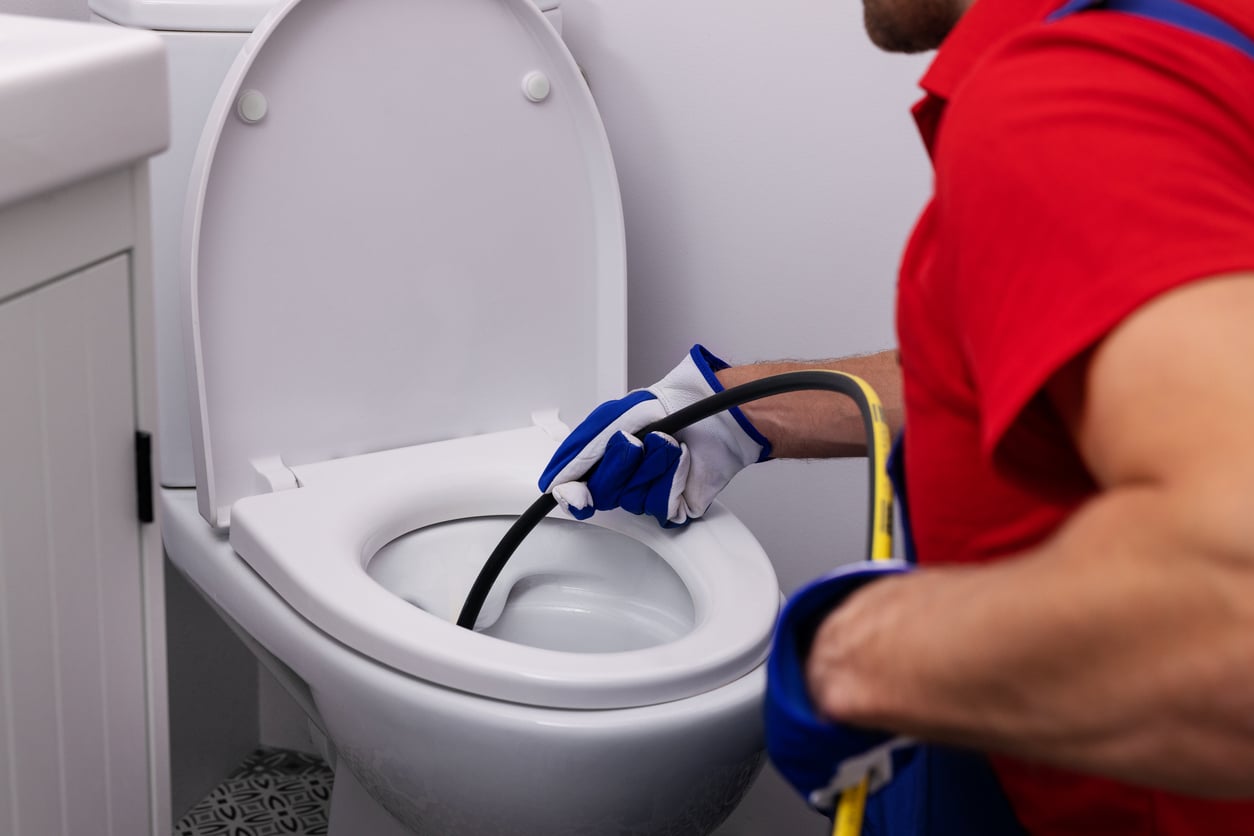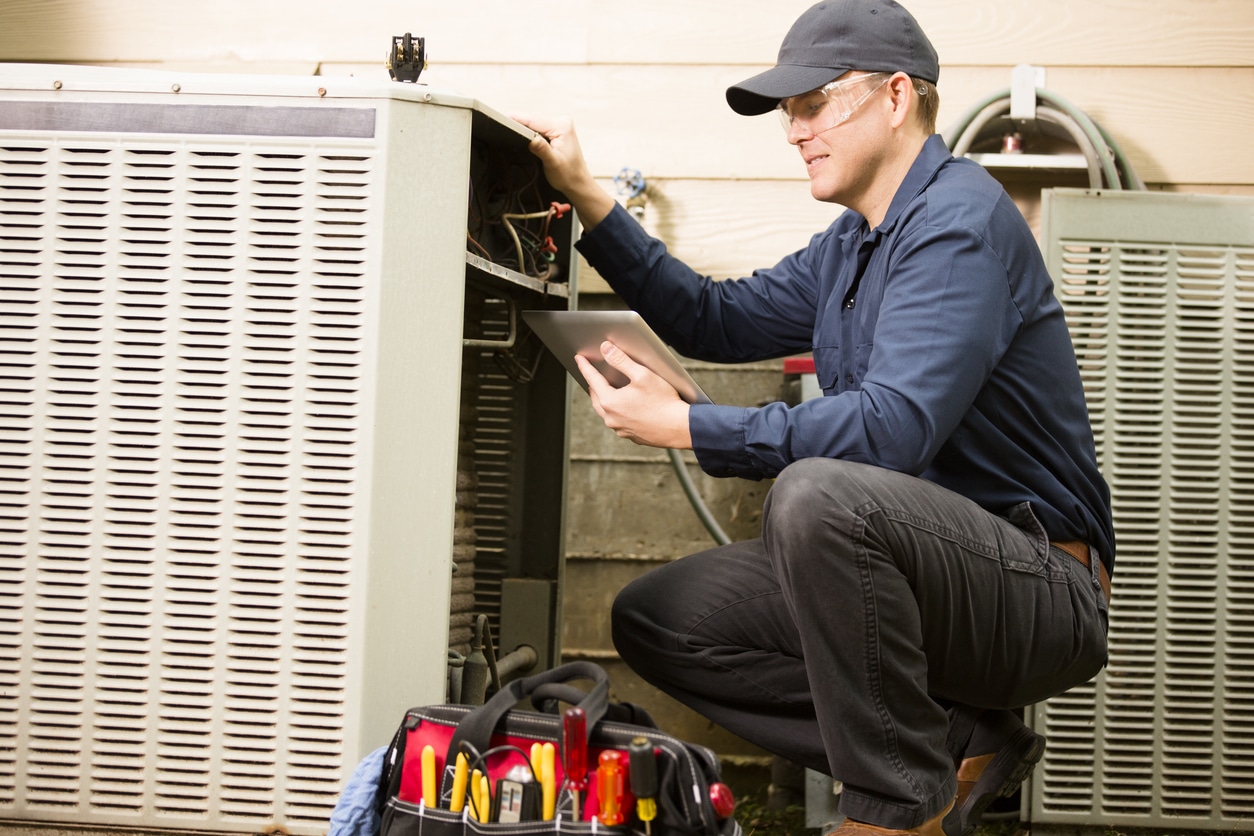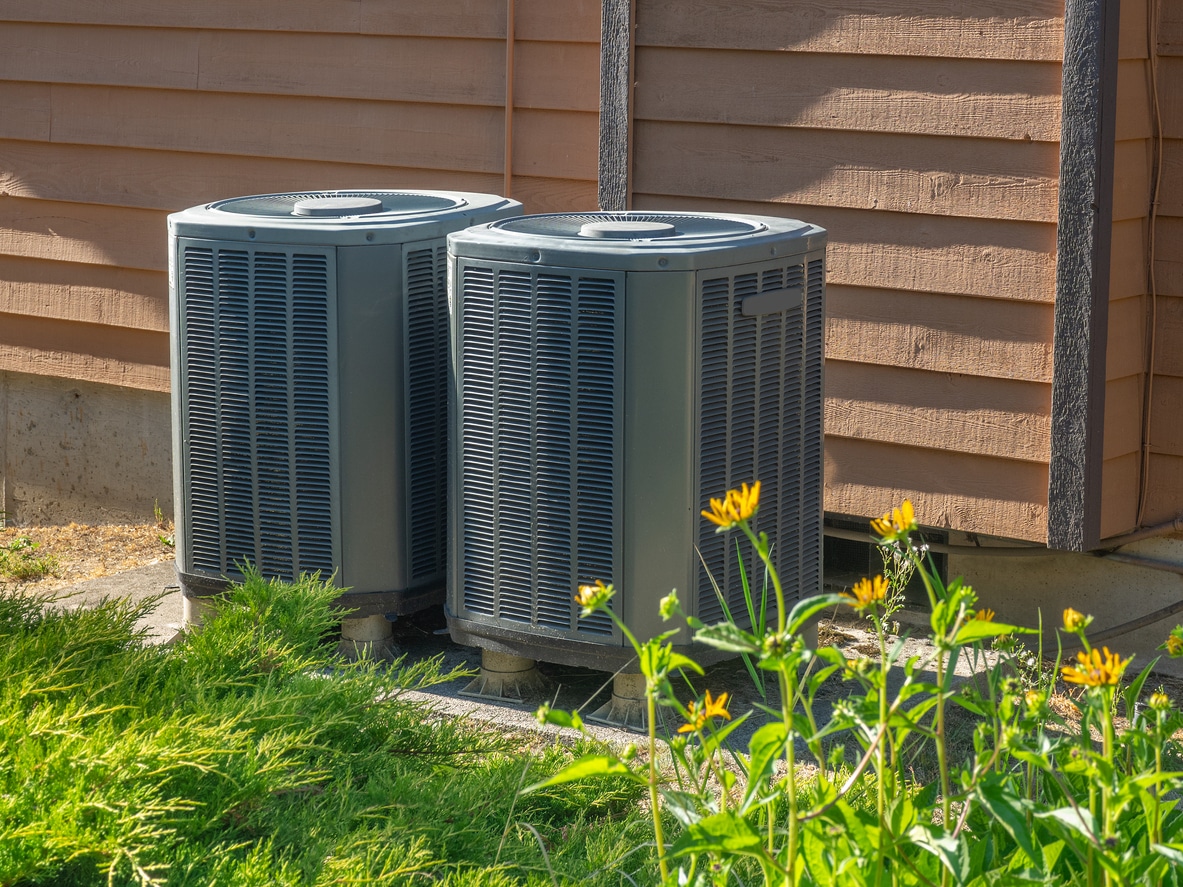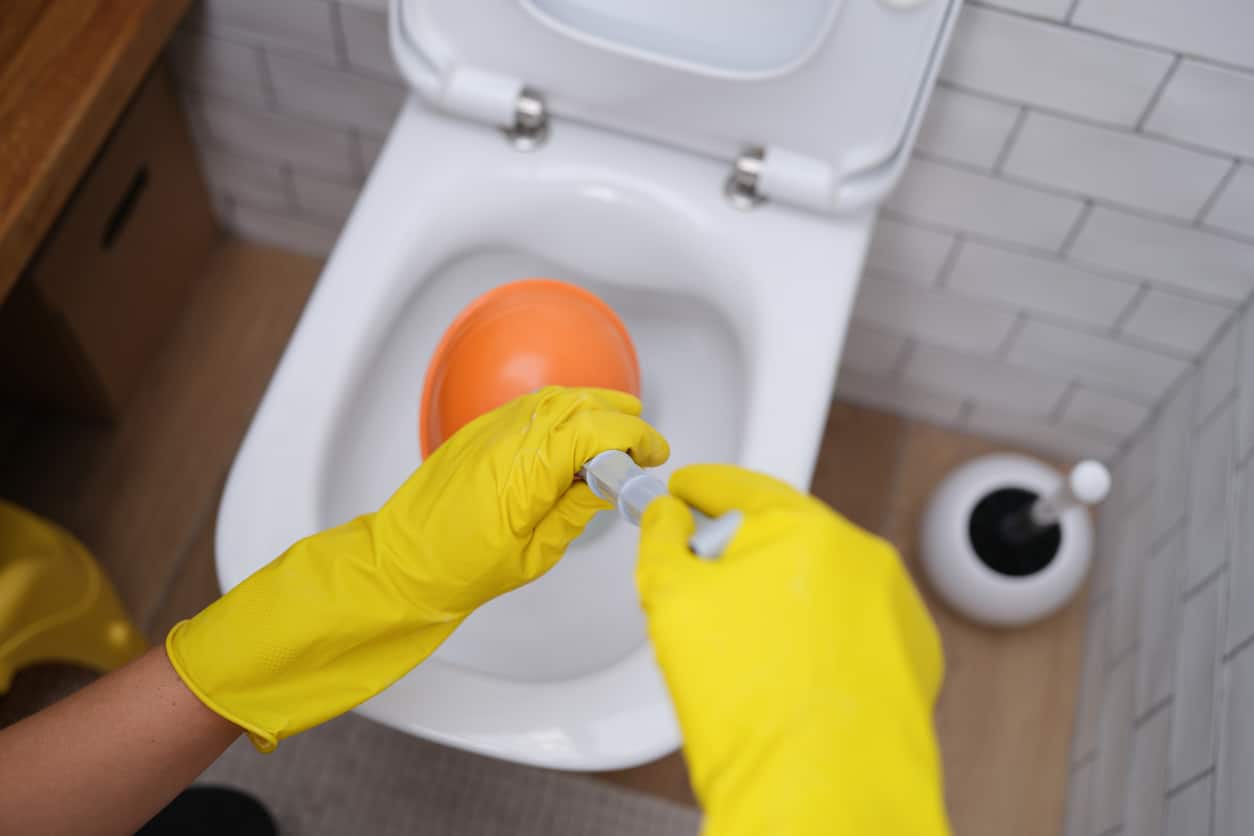There are so many ways in which your Stewartstown air conditioner can fail you. Unfortunately, some of those ways are more expensive to fix than others. One of the most costly repairs is an AC capacitor. If your air and heating near me contractor says that your capacitor is shot, you may have some questions. Learn how to tell when it’s time to replace the capacitor and what you should do to keep your air conditioner running.
Capacitors Don’t Last Forever
Every component of your AC has a lifespan. Although manufacturers try to make quality parts, there’s no way to make a part that lasts forever. Over time, various components of your air conditioner, like the capacitor, need to be replaced.
The capacitor is one of the parts you should expect to replace at some point in your AC’s lifetime. While your AC itself could last for 15 years, the capacitor won’t last that long. It might make it five years before you need to replace the capacitor.
In some systems, there are multiple capacitors. You could have a start capacitor in your outdoor unit, and this part is responsible for getting your air conditioner going. It could also have a run capacitor that keeps the system running after it kicks on. In your indoor unit, there might be a capacitor in charge of the indoor blower motor.
Should You Replace Your Own Capacitor?
A capacitor resembles a large battery and has wires that connect with your AC. Although you might be able to locate the capacitor in your system, you shouldn’t attempt to replace it yourself. It’s not a simple disconnecting and connecting of wires; replacing a capacitor is a complex repair that can be dangerous.
If you don’t disconnect the power to the capacitor and try to remove it, you could experience an intense shock. Even if you manage to turn off the power, the capacitor could have a charge. The risk of electrocution is high, so only a trained professional should handle the repair.
Rather than put yourself in harm’s way, you should look for a company that offers heating and air repair near me. But how can you be sure you need to replace your capacitor? You probably won’t be able to tell whether or not you need a replacement. With that said, it’s always good to be educated about your system. Here are a few ways in which you can tell you need a new capacitor:
Low Microfarads
Your capacitor is rated with microfarads. By using a voltmeter, an HVAC technician can determine how many microfarads your capacitor has. A value under 25 is a sign that your capacitor is bad and must be replaced. Although you might own a voltmeter, you shouldn’t measure the capacitor yourself. It’s best to wait for an expert.
Swollen Capacitor
If your capacitor is swollen, it doesn’t have much life left in it. Your capacitor could be bad and not be swollen, but a bulging capacitor is a sure sign you need to replace it. Typically, a swollen capacitor looks like a balloon and has bulging sides.
Leaking Oil
At times, broken capacitors leak oil. You should always be on alert if you notice oil near your capacitor or anywhere close to your AC, for that matter. Other leaks, like water, are warning signs but indicate other issues. A trained technician can help you identify the problem.
What are the Signs of a Broken Capacitor?
Without the proper training and tools, you may be able to pay attention to your AC and identify signs of a broken capacitor. For instance, your AC could stop cooling. If your home is much warmer than usual, you might need a new capacitor. There could be other issues, but there’s a good chance you need to replace this part.
Another sign of a broken capacitor is a high energy bill. If your capacitor doesn’t work correctly, your AC will expend more energy than usual to cool your home. As soon as you see high energy bills, call in a professional for help. They might recommend a replacement capacitor.
Getting Regular Inspections
If you receive regular inspections from an HVAC company, you can identify capacitor issues before they result in catastrophic failure. During an inspection, a technician looks for a variety of potential problems. They will check your capacitor and be able to tell if it’s near the end of its life.
To prevent trouble, your technician might recommend replacing your capacitor before it dies. Doing so comes with two major benefits. First, you don’t need to live without air conditioning for an extended amount of time. Secondly, you avoid putting undue stress on your system and having a need for other repairs. By catching your capacitor issues early on, you save yourself money and frustration.
Should You Replace Your Capacitor or Your AC?
As your air conditioner gets older, it becomes more likely to need repairs. You might worry if the capacitor is only the first of a long list of things to go. Depending on the age of your system, this could be true. If your AC is 12 years of age or older, you might prefer to replace your air conditioner with a newer model.
Similarly, you should replace your system if you need frequent repairs. When you have an HVAC technician on speed dial, you should save yourself the frustration and just replace your air conditioner.
If you have no reason to believe your AC is nearing the end of its life, you can probably assume it’s best to replace the capacitor. One day, you’ll need to replace your AC, but that day isn’t today. You should ask a heating and cooling specialist for more advice and guidance.
Who to Call for Air and Heating Near Me
The next time you think you have a bad capacitor, call us at Reliability Home Services. If you’re looking for help with your air and heating near me, give us a call. Our experienced technicians in Stewartstown are ready to get to answer your call.

